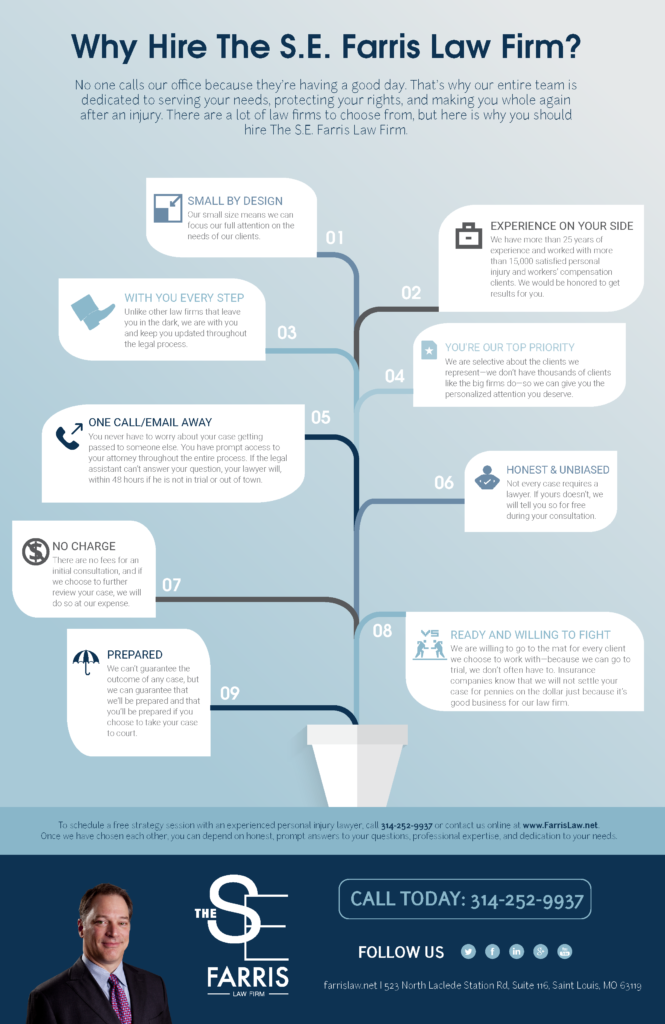Usual Myths About Criminal Protection: Debunking Misconceptions
Usual Myths About Criminal Protection: Debunking Misconceptions
Blog Article
Personnel Writer-McGuire Dixon
You've probably listened to the misconception that if you're charged with a criminal offense, you have to be guilty, or that staying quiet means you're concealing something. These widespread beliefs not only misshape public assumption however can also influence the results of lawful proceedings. It's crucial to peel off back the layers of misunderstanding to understand the true nature of criminal defense and the civil liberties it protects. What happens if corporate crime lawyer recognized that these myths could be taking apart the really structures of justice? Join the conversation and check out just how exposing these misconceptions is important for making certain fairness in our lawful system.
Misconception: All Accuseds Are Guilty
Frequently, people mistakenly believe that if somebody is charged with a criminal activity, they should be guilty. You could assume that the lawful system is infallible, yet that's far from the fact. Charges can stem from misconceptions, incorrect identifications, or inadequate proof. look at here to keep in mind that in the eyes of the legislation, you're innocent up until tested guilty.
This presumption of virtue is the bedrock of the criminal justice system. It makes sure that the burden of proof lies with the prosecution, not you. They need to develop past a practical question that you committed the criminal offense. This high standard shields individuals from wrongful sentences, making sure that no one is penalized based on presumptions or weak evidence.
Moreover, being billed does not mean the end of the road for you. You deserve to protect yourself in court. This is where a proficient defense lawyer enters play. They can challenge the prosecution's situation, existing counter-evidence, and advocate on your behalf.
The intricacy of legal proceedings typically needs professional navigation to guard your civil liberties and achieve a reasonable outcome.
Myth: Silence Equals Admission
Lots of believe that if you choose to remain silent when implicated of a crime, you're essentially admitting guilt. Nonetheless, this couldn't be even more from the reality. Your right to continue to be silent is shielded under the Fifth Change to avoid self-incrimination. It's a lawful protect, not a sign of shame.
When you're silent, you're really working out a fundamental right. This avoids you from stating something that could accidentally hurt your protection. Remember, in the warmth of the moment, it's simple to get overwhelmed or speak improperly. Law enforcement can translate your words in methods you really did not plan.
By remaining quiet, you provide your legal representative the very best opportunity to protect you properly, without the problem of misunderstood statements.
Moreover, it's the prosecution's task to confirm you're guilty past a practical uncertainty. Your silence can't be used as evidence of sense of guilt. Actually, jurors are advised not to analyze silence as an admission of shame.
Myth: Public Defenders Are Inadequate
The misconception that public protectors are inefficient continues, yet it's important to comprehend their crucial function in the justice system. Several believe that due to the fact that public defenders are often strained with situations, they can't supply high quality protection. Nevertheless, this overlooks the depth of their dedication and knowledge.
Public defenders are completely certified lawyers that have actually picked to focus on criminal law. They're as qualified as exclusive attorneys and typically a lot more experienced in test job due to the volume of instances they take care of. You may think they're less motivated since they don't select their customers, but actually, they're deeply committed to the perfects of justice and equal rights.
It is necessary to bear in mind that all attorneys, whether public or personal, face obstacles and constraints. Public protectors frequently deal with fewer sources and under more stress. Yet, they regularly show strength and imagination in their protection methods.
Their role isn't just a task; it's an objective to guarantee that everyone, despite revenue, gets a fair trial.
Conclusion
You could think if someone's billed, they have to be guilty, yet that's not exactly how our system works. Selecting to remain silent does not mean you're admitting anything; it's simply smart self-defense. And don't undervalue public protectors; they're committed professionals dedicated to justice. Bear in mind, everybody is entitled to a fair trial and knowledgeable representation-- these are basic civil liberties. Allow's drop these misconceptions and see the lawful system of what it truly is: an area where justice is looked for, not just punishment gave.
